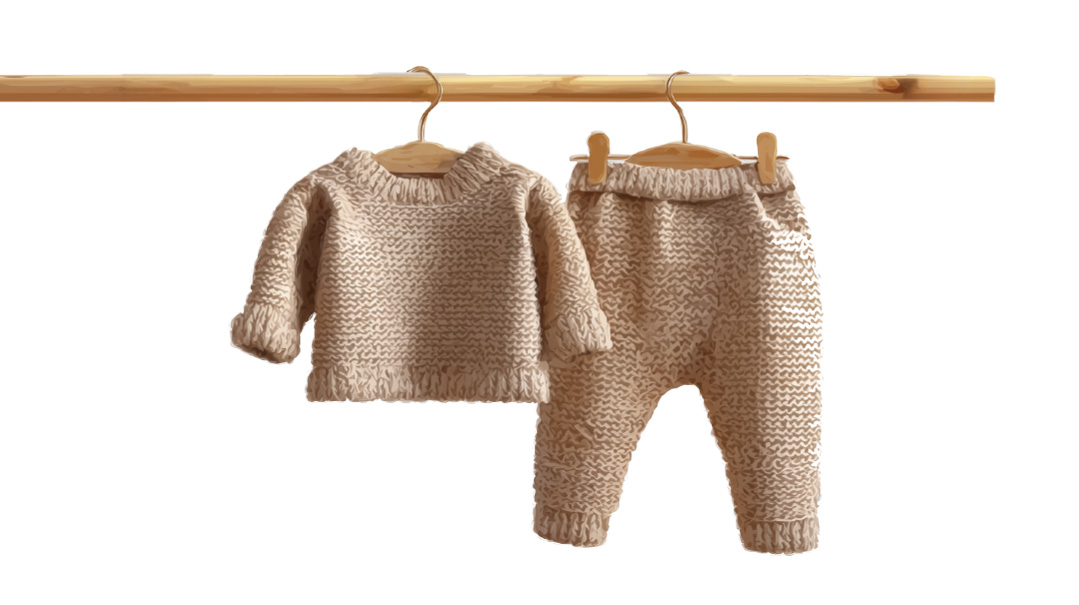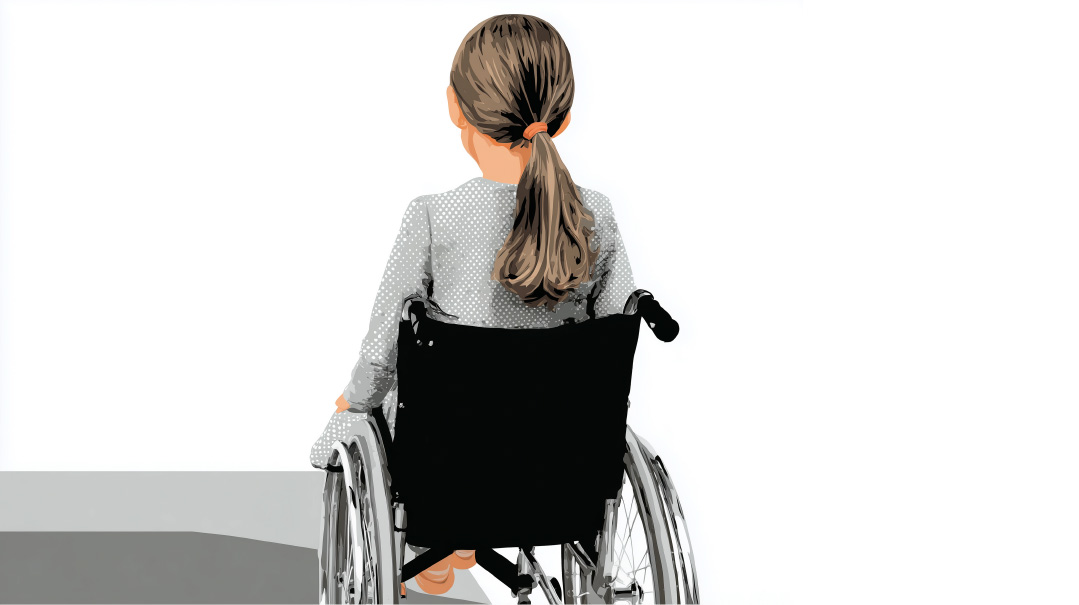Big Neshamah. Small Body. Strange World
| November 29, 2022It was the first time that I stopped to think about how hard it must be to be two

I took my two-year-old to the pediatrician last month after a preschool scuffle over a much-desired empty box. His opponent in the match ended up scratching my son’s eye, and I was at the doctor to find out if we needed to see a specialist or if we could get away with some antibiotic eye cream (baruch Hashem, it was just some cream this time).
I explained the situation to the afternoon secretary (who may, by the way, be one of the lamed-vav tzaddikim), who took one look at my son, and with all the compassion and empathy you can imagine said, “It’s hard to be such a big neshamah in such a small body.”
My son has these big, knowing eyes, and they looked up at her as if to say, in their two-year-old way, “Yes, it is.” My eyes filled with tears because it was so spot-on and so where I was in that moment. I was busy calling babysitters in case I needed to go to the hospital, worried, annoyed, wrapped up in the logistics of how the rest of the day would go.
It was the first time that I stopped to think about how hard it must be to be two, to experience the injustice of another person, unprovoked, wrenching your box out of your hands and having no words to fight back with.
I shared the story that night with a support group I run for women who have children with hidden differences (things like ADHD, high-functioning autism, learning difficulties, giftedness, anxiety, or who fall between the cracks of any formal diagnosis but are nonetheless complex and behaviorally challenging). The secretary’s words, “It’s hard to be such a big neshamah in such a small body,” really resonated.
Some kids have more energy than their small frames can contain; some have more knowledge than they can make sense of, or more of an understanding of how strange and scary the world is than they can emotionally manage. You can call it ADHD, ASD, or anxiety, but there was something so much more compassionate and real about the secretary attributing it to a mismatch between expansiveness of potential and the size of it’s container.
A lot of us have kids that can be explosive, aggressive, and demanding. Some of us have kids that can be clingy or nervous. As mothers, our natural tendency is to think, “How do I fix it?” “How do I remediate whatever their deficits are so that they will have an easy, ‘normal’ life?” I think what resonated so deeply about the phrase “a big neshamah in such a small body,” is that it’s above the paradigm of normal or not normal, above the paradigm of anything that can or should be fixed. It just is. Some kids will struggle because they’re big neshamos in small bodies, and the world is a strange place, a place where people take your stuff, make loud noises, and tell you what you can and can’t do.
Childhood is stressful for everyone, but our “big neshamah” kids deserve the beautiful simplicity and compassion of my pediatrician’s secretary. It’s hard to be a kid, hard to wait until you’re big enough and old enough to find a good-fit life for yourself; it’s hard to have people try to fix your bigness, misunderstand your neshamah, and scratch your eyeball for trying to hold on to what is rightfully yours.
(Originally featured in Family First, Issue 820)
Oops! We could not locate your form.







